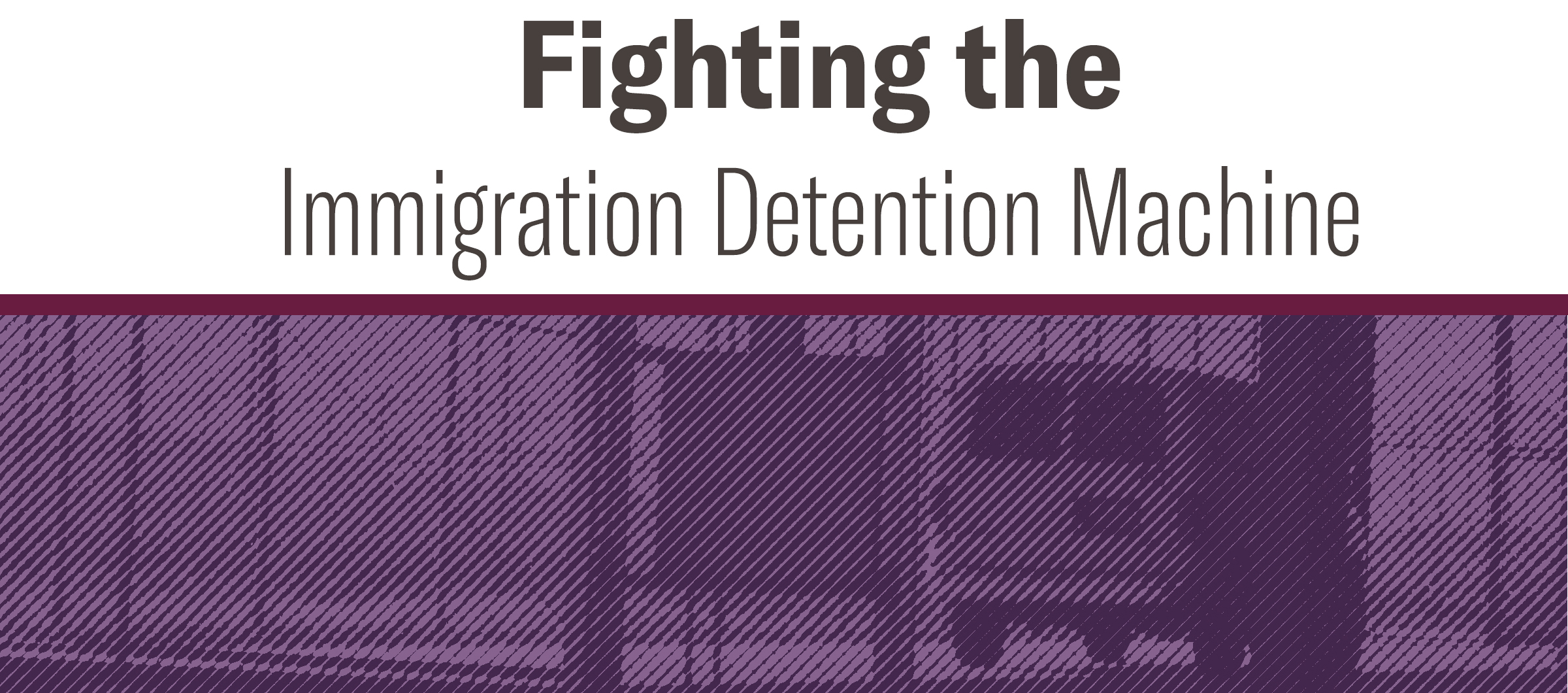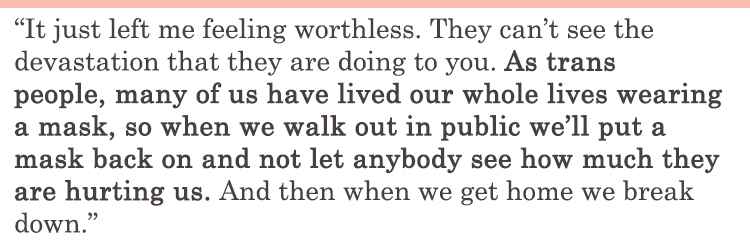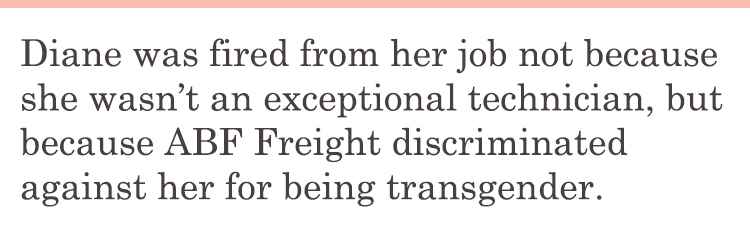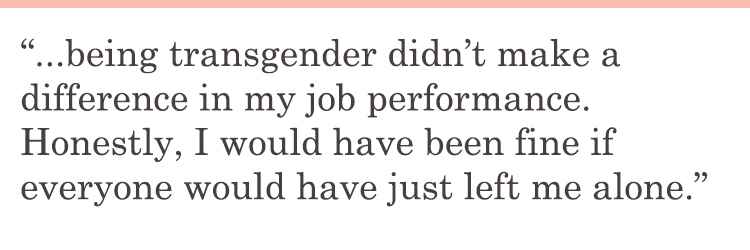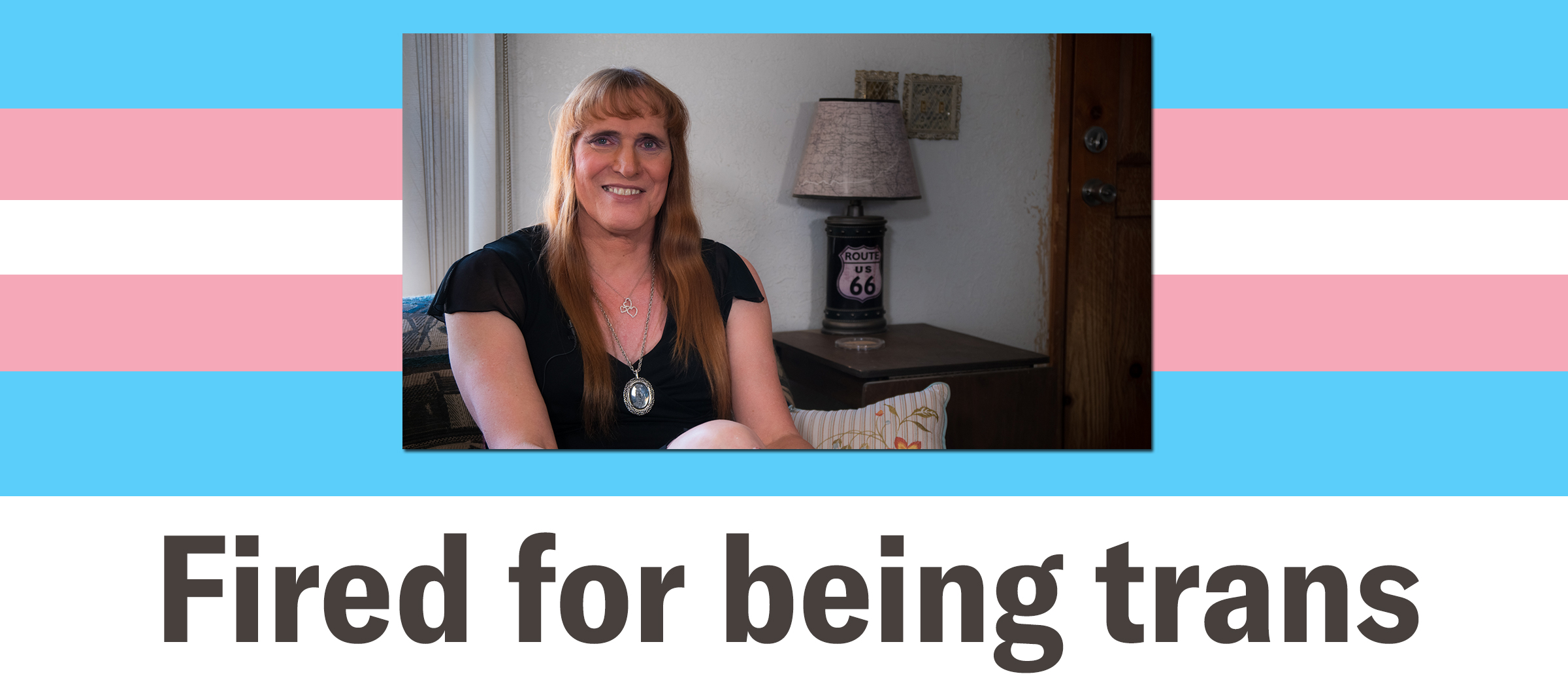After security forces viciously beat him and threw him in jail for expressing opinions critical of the government, Raul Villegran* fled his native Cuba and made a harrowing journey through Central America and Mexico to seek asylum in the United States in early spring 2019.
“Everyone has a right to seek their dreams and goals.” said Villagran. “I thought I could find this in the U.S.”
What he found instead was another set of prison bars. Despite passing his credible fear interview, a standard assessment that is the first step to successfully obtaining asylum in the U.S., Immigration and Customs Enforcement officials detained him in Otero County Processing Center (OCPC) in a remote stretch of desert near Chapparal, NM.

New Mexico's For-Profit Immigration Detention Problem
New Mexico is home to several of these detention centers, including Torrance County Detention Facility (TCDF) in Estancia, NM, and Cibola County Detention Center (CCDC) in Milan, NM. OCPC is operated by for-profit prison corporation Management and Training Corporation (MTC), and both TCDC and CCDC are operated by for-profit prison corporation CoreCivic, formerly known as the Corrections Corporation of America. Immigration detention is big business for CoreCivic, which has obtained more than $330 million worth of contracts from ICE since the beginning of the Trump Presidency, and in year 2018 reported $1.8 billion in revenue.
"The Trump administration has implemented deliberately cruel policies that result in mass detention of asylum seekers."
“These for-profit detention facilities are emblematic of how broken our system is,” said ACLU of New Mexico Senior Staff Attorney María Martínez Sánchez. “The Trump administration has implemented deliberately cruel policies that result in mass detention of asylum seekers. These detentions are often indefinite, keeping people who are seeking refuge in this country and who pose no risk to the public behind bars for months or years. Meanwhile, prison corporations are getting rich off of those suffering behind their walls.”
Given the lucrative nature of these government contracts, companies like CoreCivic are eager to see mass detention of immigrants and asylum seekers continue. CoreCivic alone has spent tens of millions of dollars lobbying congress, donated hundreds of thousands of dollars directly to political candidates, and in 2016 made a $250,000 donation to President Trump’s inauguration committee. It’s a classic case of one hand washing the other.
Despite all this handwashing, CoreCivic and MTC’s hands are far from clean. Motivated by maximizing profits rather than health and safety, CoreCivic and MTC facilities are notorious for abuse, medical neglect, physical and sexual assault, and dangerous levels of understaffing and overcrowding.
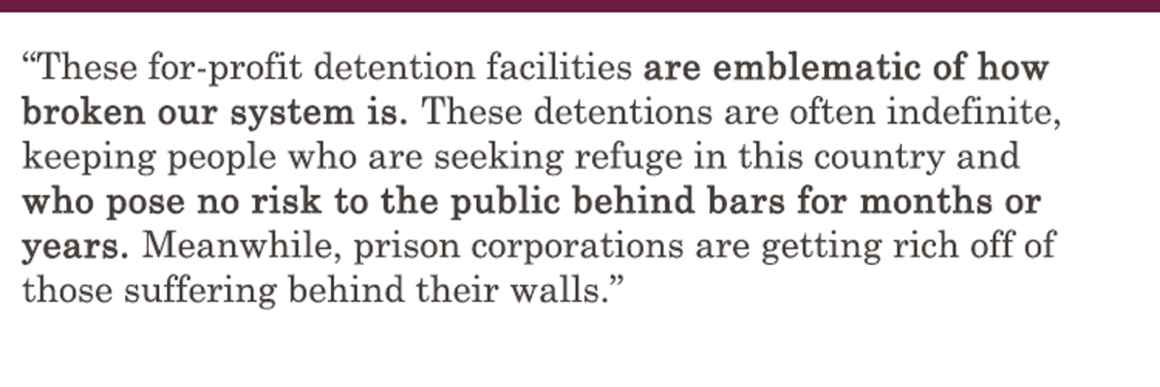
A Cycle of Abuse, Retaliation, and Neglect
As Villegran and his fellow detainees know too well, OCPC is no exception. For many detainees like Villegran, who were tortured inside Cuban prisons, their prolonged detention meant elevated levels of mental distress, anxiety, and post-traumatic stress disorder. Two of the Cuban detainees had already attempted suicide while in detenion. After more than six months in detention with no clear end in sight, Villagran and a group of other detained Cubans organized protests against the poor conditions, unjust asylum process, and racist and abusive treatment by MTC staff. In early October, Villegran and ten other Cuban detainees linked arms and sat silently in the recreation yard in protest against the inhumane treatment they faced in OCPC.
"Retaliating against imigration detainees for conducting a peaceful protest is not just unconstitutional, it’s deeply inhumane."
OCPC retaliated against the peaceful protestors by sentencing the group to 29 days of solitary confinement, a practice that the United Nations has called torture. Shortly after the protest, Villegran and another Cuban, who OCPC suspected as lead instigators within the group, were transferred across the state to the Torrance County Detention Facility.
“People in immigration detention inside the United States are still protected by the First Amendment,” said Sánchez. “Retaliating against imigration detainees for conducting a peaceful protest is not just unconstitutional, it’s deeply inhumane. Our country is literally doing the same thing to these people that ruthless dictators did: jailing and torturing them for speaking out.”
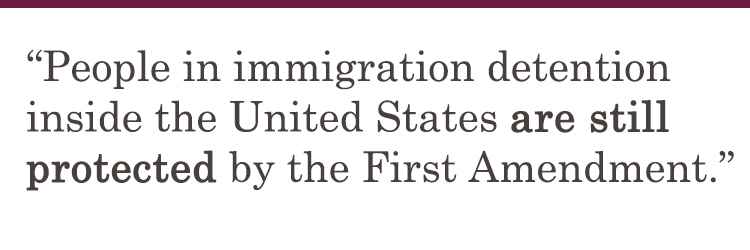
After learning of OCPC’s retaliation against the Cuban detainees from on-the-ground advocates in southern New Mexico, the ACLU of New Mexico dispatched a legal team to the facilities to interview the protesters held in solitary confinement and determine how we might assist them in their plight. The ACLU’s team learned that the Cuban protesters weren’t the only victims of OCPC retaliation. Also held in solitary was Ana Cortez,* a transgender woman who was detained among the general male population in OCPC.
Cortez had been sentenced to a 28 day stretch in solitary confinement because she got diarrhea. In early November, she suddenly began suffering from gastrointestinal issues and went to a guard to ask to use the bathroom. The guard denied her access, telling Cortez the bathroom was currently being cleaned. In desperation, Cortez entered the bathroom anyway and was followed by another guard, who refused to provide her privacy.
Shortly after receiving the ACLU’s letter, OCPC released Cortez and transferred her to the transgender unit at the Cibola facility.
Mortified by the thought of having diarrhea in front of a guard, Cortez returned to her cell in great pain and discomfort. Moments later the second guard returned with approximately ten other guards, and pinned her arms behind her back, causing excruciating pain. Cortez, who was raped as a child and suffered permanent injury and disfigurement to one of her arms as a result, begged the guards to stop forcing her disabled arm behind her back. Ignoring her pleas, the guards attempted to handcuff her and she jerked her arm away reflexively.
They charged her with “insolence towards a staff member” and “assaulting a staff member or law enforcement officer” and threw her in solitary confinement. In parting, one of the officers banged on the door of her tiny, stark cell in an intimidating manner and hurled homophobic slurs at her, calling her a “pinche gay.”

Fighting Back Against Abuses
Senior Staff Attorney María Martínez Sánchez wrote a letter to the OCPC warden, threatening legal action against the facility on grounds of excessive force, violations of constitutional due process rights, and various other state and federal violations if the facility did not immediately release Cortez from solitary confinement. In addition to fighting for Cortez’s release from isolation, the ACLU of New Mexico urged ICE to release Cortez from detention altogether, or failing that, at least transfer her to the Cibola County facility where there is a special detention unit specifically for transgender detainees where she is less likely to be the target of transphobic and homophobic harassment.
Shortly after receiving the ACLU’s letter, OCPC released Cortez and transferred her to the transgender unit at the Cibola facility. They also released the remaining Cuban protesters from solitary confinement and returned them to the general population.

